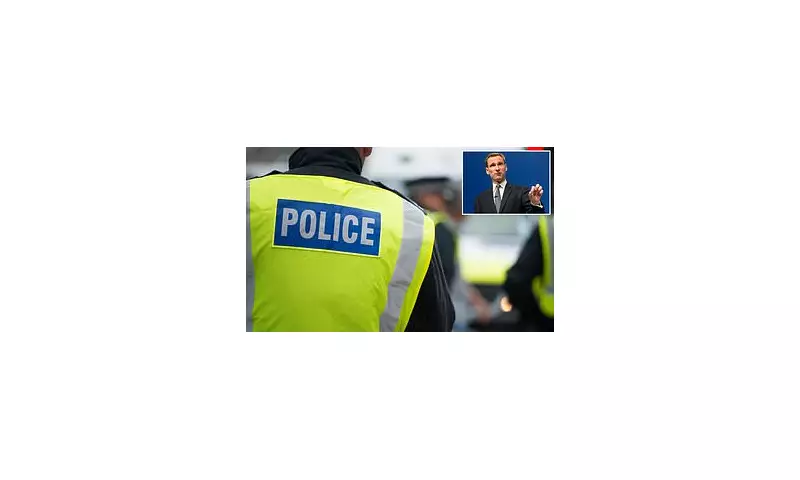
A dramatic expansion of police stop-and-search powers is being championed by Conservative MPs, with Policing Minister Chris Philp leading the charge for officers to conduct checks in crime hotspots without needing grounds for suspicion.
The Controversial Proposal
The proposed measures would grant police enhanced authority to perform stop-and-search operations in designated high-crime areas, effectively bypassing the traditional requirement of reasonable suspicion for individual stops. This represents one of the most significant potential changes to policing powers in recent years.
Supporters argue that this aggressive approach is necessary to tackle rising crime rates in problem areas and to remove dangerous weapons from the streets. They point to statistics showing the effectiveness of targeted stop-and-search operations in reducing violent crime.
The Civil Liberties Debate
Civil liberties organisations have reacted with alarm to the proposals, warning that they could undermine community trust in policing and disproportionately affect minority communities. Critics argue that removing the suspicion requirement represents a dangerous erosion of fundamental rights.
"This isn't about effective policing—it's about granting police unprecedented power to stop anyone, anywhere, without justification," said one human rights advocate familiar with the discussions.
Political Battle Lines
The proposal has created clear divisions within political circles, with Conservative MPs largely backing the measures while opposition parties voice strong objections. The debate reflects broader tensions between public safety concerns and the protection of individual freedoms.
Chris Philp's plan comes amid growing public concern about knife crime and urban violence, particularly in major cities where certain neighbourhoods have become notorious for criminal activity.
What the Changes Would Mean
- Police could stop and search individuals in designated crime hotspots without specific suspicion
- Enhanced powers would focus on weapons and stolen property recovery
- Operations would target specific geographical areas with high crime rates
- Traditional stop-and-search rules would still apply outside designated zones
The government faces a challenging path forward, balancing law enforcement demands with human rights considerations. As the debate intensifies, all eyes remain on how this controversial proposal will develop in the coming weeks.





